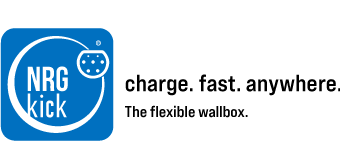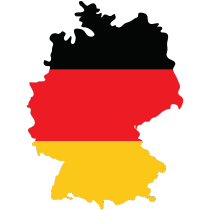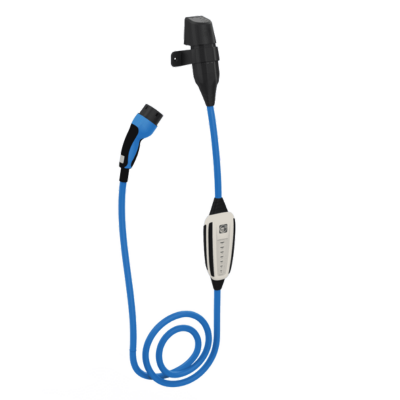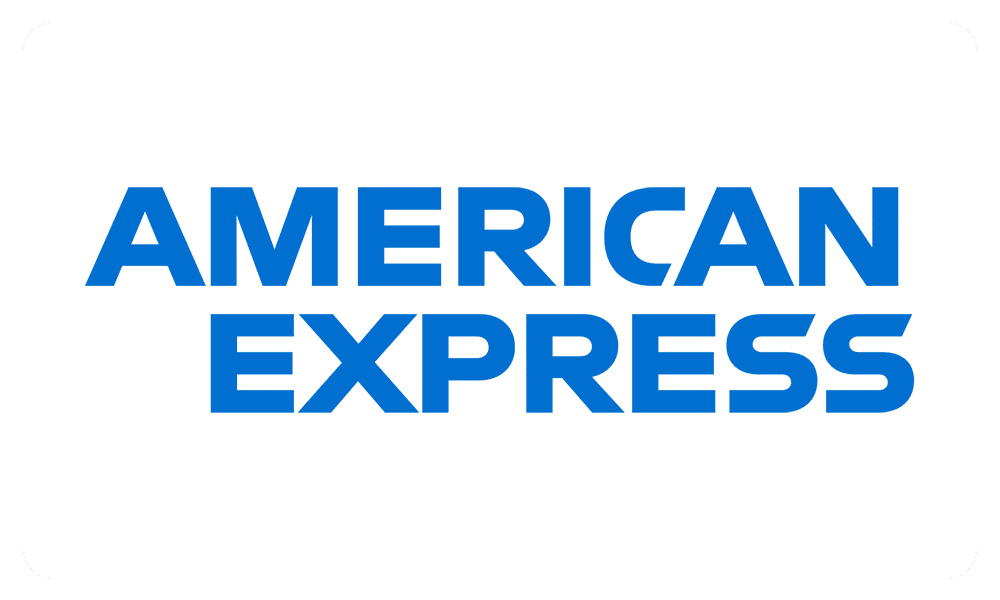Fundings in Germany
In Germany, NRGkick Fix is still eligible for funding for photovoltaic users for already approved applications from private individuals for KfW Bank grant 442. Funding is available for the purchase and connection of charging stations, photovoltaic systems and solar energy storage systems.
Eligible NRGkick Variants
If the permanently installed variant NRGkick Fix Select (wall socket limit of max. 16A) or NRGkick Fix Max (wall socket limit of max. 32A) is ordered including the Smart Service “Photovoltaic-guided charging for NRGkick”, it meets all the requirements of the subsidy program and is therefore subsidized with a lump sum of € 600. More information on the subsidy and the list of eligible charging units can be found here.
Eligible NRGkick Variants
If the permanently installed variant NRGkick Fix Select (wall socket limit of max. 16A) or NRGkick Fix Max (wall socket limit of max. 32A) is ordered including the Smart Service “Photovoltaic-guided charging for NRGkick”, it meets all the requirements of the subsidy program and is therefore subsidized with a lump sum of € 600. More information on the subsidy and the list of eligible charging units can be found here.
Further Information
Important: Funding is only possible if the application has already been approved before the NRGkick Fix is purchased. In order to receive a subsidy, the NRGkick Fix must be ordered including the Smart Service “Photovoltaic-guided charging”.
P.S. In North Rhine-Westphalia, non-publicly accessible charging stations, and therefore also NRGkick Fix, are also subsidized. Click here for information on subsidies in NRW.
Further Information
Important: Funding is only possible if the application has already been approved before the NRGkick Fix is purchased. In order to receive a subsidy, the NRGkick Fix must be ordered including the Smart Service “Photovoltaic-guided charging”.
P.S. In North Rhine-Westphalia, non-publicly accessible charging stations, and therefore also NRGkick Fix, are also subsidized. Click here for information on subsidies in NRW.
Eligible NRGkick Fix Variants
Apply for KfW funding in DE
Application for and confirmation of funding from KfW
To be eligible for KfW Bank’s 442 grant, you need an approved application – even before you buy your NRGkick Fix. You can see the applications you have already submitted at https://meine.kfw.de/.
As soon as you have received confirmation from KfW Bank, you can start purchasing and implementing your plans.
Order your NRGkick Fix incl. Smart Service PV-led charging
As soon as your application has been confirmed by KfW, you can order and install your NRGkick Fix including the PV-guided charging function.
Simply select the desired cable length and communication capability of your NRGkick Fix in the configurator and also select the “photovoltaic-guided charging” function. The purchase and installation of the photovoltaic system and the solar energy storage system can now also be implemented.
Confirm the purchase and installation of your charging unit
After your NRGkick Fix has been installed by an electrician, you submit the invoices for the NRGkick Fix and the installation to the KfW grant portal.
Payment of the grant
Once the installation has been carried out and all invoices have been submitted, the maximum eligible amount of € 600 per charging point will be paid out.
What else you should know about electric mobility funding
Subsidies for electric charging infrastructure are available for both public and private organizations. So there is sure to be something for you.
There are various programs that offer support in the form of financial assistance or technical advice:
- These include the National Development Plan for Electromobility (environmental funding in Austria)
- The KfW funding program for electromobility
- The European Regional Development Fund (ERDF), which supports investments in electric charging infrastructure
Financial support for the procurement of chargers and components, the installation of charging infrastructure and the development of electric charging concepts is provided through these programs. With the support, public and private organizations can build the necessary electric charging infrastructure to support electric cars and other electric vehicles.

















